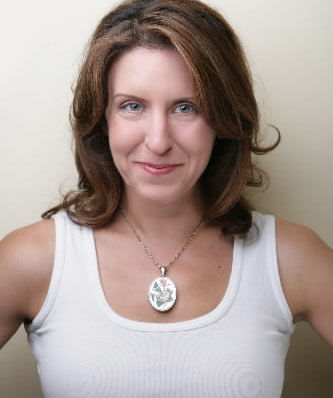Leslie Cannold
 | Leslie CannoldBio: Leslie Cannold is a writer, researcher and commentator on social issues and ethics. Her children attend public schools. Who has the courage to stand up for state schooling?Are there big ideas in Australian politics any more? Or big politicians with big principles and the wit and courage to stand by - and for - them? The answer may be "no". The forces decimating visionary and moral leadership include the hollow machine men running the main parties, their small target pre-election strategies of pacification and divide and rule, and the docile and dense political progeny to which corrupt internal processes give birth. The biggest loser in this political race to the bottom is public education. In the US, 90 per cent of the children attend public schools. In Australia, the figure is just 66 per cent and falling, as students follow the money flowing (with few or no strings attached) from taxpayers into the private system. The results have led to some private school students enjoying as much as a 62 per cent edge in resources compared with any of their public school peers. They also reveal Australia as having among the greatest gaps between high- and low-performing 15-year-olds, disparities the Organisation for Economic Co-operation and Development says are owed in large part to the student's class, social and family background. Public education is all about redressing such inequalities of opportunity that arise from accidents of birth. Children are not born equal. Each is unique, and blessed, or cursed, with a particular family and community. Some will come into the world healthy and have two happy, employed and otherwise high-functioning parents. Others may start life struggling with poor health or disability and with parents encumbered by poverty, illness or addiction. What any child gets genetically or family-wise is the luck of the draw. Nearly all Australians would agree that the child should not be blamed or suffer the negative consequences of circumstances beyond his or her control. Public education starts with this agreement and then goes one visionary and extraordinary step further. In the spirit of individual endeavour on which liberal democratic countries such as Australia were founded, it proposes that not only should no child suffer the consequences of unchosen circumstances of birth, but each should be granted the same opportunity to flourish and generally get on in life. Such equal opportunity is not construed as a gift, but a birthright, founded in notions of fairness and equality between all people. Yet, despite the obvious equity issues, loud and proud defenders of state schooling are few and far between. You can't slide a credit card between Labor and Liberal on the issue; both parties have created rapacious political constituencies for privileged educational services that must now be serviced by the taxpayer teat in the run-up to every election. There are even murmurs that the Greens are facing internal dissent on the party's principled view that governments should prioritise the public education system and that equity must guide decisions about funding. Perhaps the impact of universal schooling on progressive generations of Australians has been so profound that we fail to recognise its contribution to the prosperous, democratic and largely harmonious society Australia is today. This may be true but it's no excuse. Not for politicians and not for us, the voters, who must insist on answers from candidates for office about their plans to defend them. Printed in the NATIONAL TIMES on 7th November 2010. |